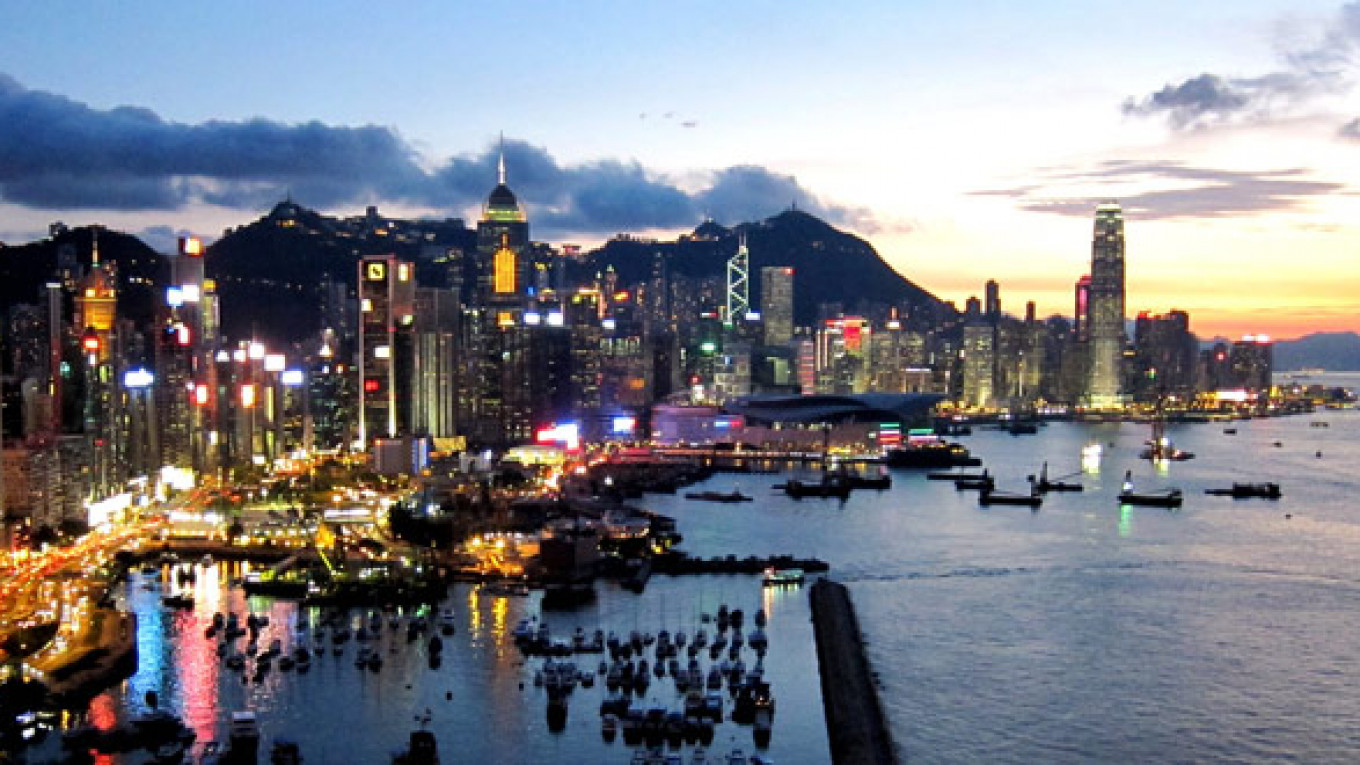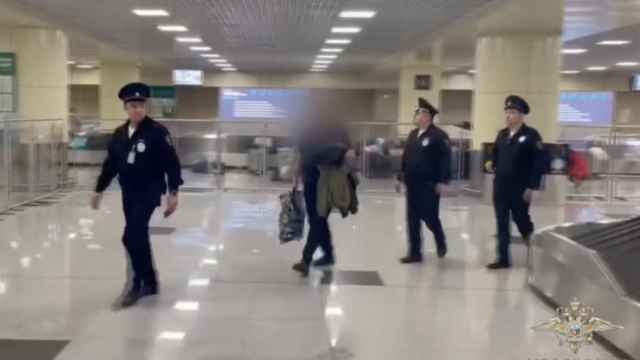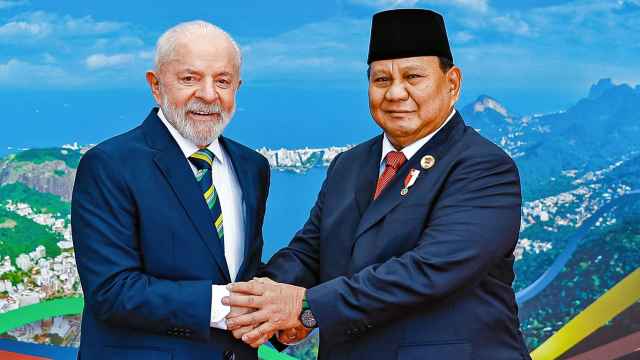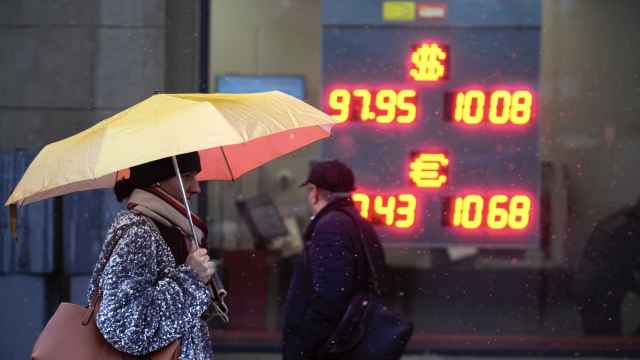Relatively affordable Western financing alongside London's role as Russia's de facto financial capital had been the two pillars of the Russian economic system.
But Western sanctions on long-term financing for Russia's state banks and some of its energy companies — such as Novatek and Rosneft — has increased the cost of capital and complicated project financing. Now London can no longer be considered to be a "safe haven" for Russian money.
It is possible, of course, that sanctions will be short-lived. However, the sanctions have already triggered tectonic shifts in Russia's financial mindset and served to immensely strengthen Russia's ties with Asia. In a strange twist, Beijing is emerging as a major winner in the current Ukraine crisis, while other Asian countries might benefit as well.
Consequently, although Asian countries are unlikely to replace the EU in the short- and mid-term future, there are many signs that they will do so in the long term. Russian wealth is already fleeing to the new "safe havens": Singapore, Hong Kong and Shanghai.
In 2012 the amount of assets under management in Singaporean banks reached $1.29 trillion, making Singapore an attractive alternative to the Swiss accounts that Russians have favored. A number of Russian companies — such as Gazprom and Rosneft — have already established a solid presence in Singapore, and their number is likely to grow.
And while Singapore is emerging as a "new Switzerland," Hong Kong is emerging as a new financial center for Russian companies. Hong Kong is particularly attractive because it combines the predictability of English law with a direct access to the Chinese economy.
In January 2010 the world's largest aluminum company, RusAl, became the first Russian company to organize an IPO on the Hong Kong Stock Exchange. Gazprom has also held talks about a Hong Kong listing and may use the yuan to finance its operations in Asia. In May 2014, Russian state bank VTB conducted its first transition in yuan.
Hong Kong currency's reputation for stability also attracts foreign businesses. On July 31, Russia's leading nickel producer Norilsk Nickel announced the company's decision to transfer a sizable amount of its liquidity into Hong Kong dollars. Russian mobile operator MegaFon has already transferred 40 percent of its liquidity into HK dollars.
Russian companies are also present on the financial markets of continental China. The already agreed upon Chinese pre-payment for Russian gas, meanwhile, will soon help sanctions-stricken Rosneft repay its short-term debt and facilitate construction of Gazprom's Power of Siberia gas pipeline.
China will also benefit by being a source for certain technologies that the West has cut Russia off from. This is particularly important because the West produces a number of important sophisticated high-tech products that cannot be produced in Russia. Import dependency is particularly acute in offshore, gas liquefaction and unconventional hydrocarbons technologies.
And while China has only just begun its foray into developing new energy technologies, it has all the necessary qualifications to accomplish an energy technology leap forward. China is already graduating 10 times as many qualified petroleum specialists each year as the U.S. Last year, according to OECD data, China overtook the EU in expenditure on science and technology.
The shape and content of this Asia-Russia rapprochement will be defined by the length and strength of the sanctions imposed by Brussels and Washington. One thing is clear though: Regardless of the outcome of Ukraine crisis, the ties between Beijing and Moscow will grow only stronger, while China has already emerged as a major winner in this crisis.
Danila Bochkarev is an energy expert based in Brussels.
A Message from The Moscow Times:
Dear readers,
We are facing unprecedented challenges. Russia's Prosecutor General's Office has designated The Moscow Times as an "undesirable" organization, criminalizing our work and putting our staff at risk of prosecution. This follows our earlier unjust labeling as a "foreign agent."
These actions are direct attempts to silence independent journalism in Russia. The authorities claim our work "discredits the decisions of the Russian leadership." We see things differently: we strive to provide accurate, unbiased reporting on Russia.
We, the journalists of The Moscow Times, refuse to be silenced. But to continue our work, we need your help.
Your support, no matter how small, makes a world of difference. If you can, please support us monthly starting from just $2. It's quick to set up, and every contribution makes a significant impact.
By supporting The Moscow Times, you're defending open, independent journalism in the face of repression. Thank you for standing with us.
Remind me later.






